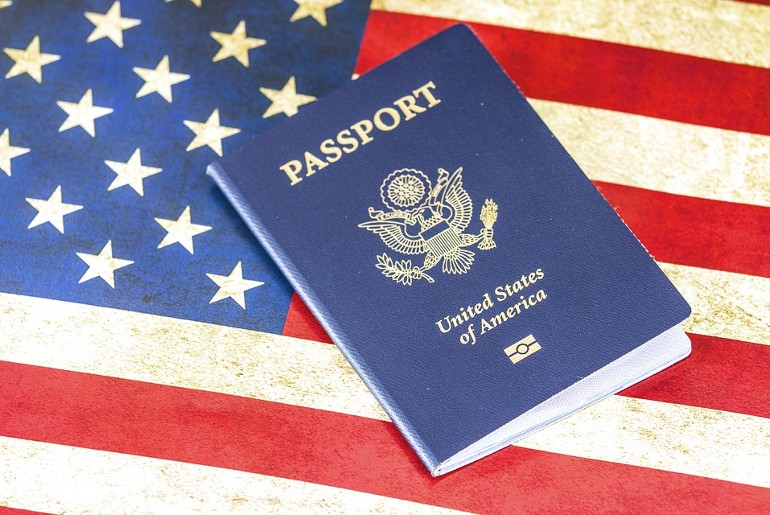The U.S. immigration landscape has experienced significant changes over the years, and one of the most notable recent developments is the introduction of the International Entrepreneur Rule (IER). This rule aims to open doors for business owners and entrepreneurs.
What Is International Entrepreneur Rule?
The Department of Homeland Security (DHS) has implemented the International Entrepreneur Rule (IER) to entice international entrepreneurs to the United States. This law permits entrepreneurs who are not citizens to remain in the nation as long as their enterprises significantly benefit the general public.
Now, Entrepreneurs residing in the United States or overseas are eligible for the new rule. The start-up must have been established in the United States during the previous five years. It must exhibit a strong potential for quick expansion and employment generation. Start-ups must present proof of growth potential in the form of alternative funding, government grants totalling $105,659, or at least $264,147 in qualifying investments from American investors.
An entrepreneur may be granted an initial parole period of up to 2.5 years, which may be further extended for an additional 2.5 years contingent upon additional benchmarks, for a maximum of five years. Only startup-related work is permitted for entrepreneurs. On the other hand, spouses of entrepreneurs but children cannot apply for job permission.
How To Apply?
Form I-941, Application for Entrepreneur Parole, must be submitted by business owners together with supporting documentation and a $1,200 cost. For parole processing, entrepreneurs who are not in the United States must go to an American embassy or consulate. Travel documents will be mailed to U.S. citizens or available at U.S. embassies or consulates. Those that are accepted can begin working for their start-up without completing any more paperwork. Depending on where they have chosen to get their paperwork, they will receive instructions for travel documentation.
At the time of the initial application, entrepreneurs must hold at least 10% of the start-up. They must play a key and active part in the business’s activities.
The International Entrepreneur Rule marks a pivotal development in U.S. immigration policy, offering new opportunities for foreign business owners and entrepreneurs. For instance, many technology startups have benefited from the IER, bringing innovative solutions and products to the market. These startups not only create jobs but also drive advancements in various sectors, from healthcare to finance.
Cover image credits: Canva
First Published: July 15, 2024 2:47 PM






